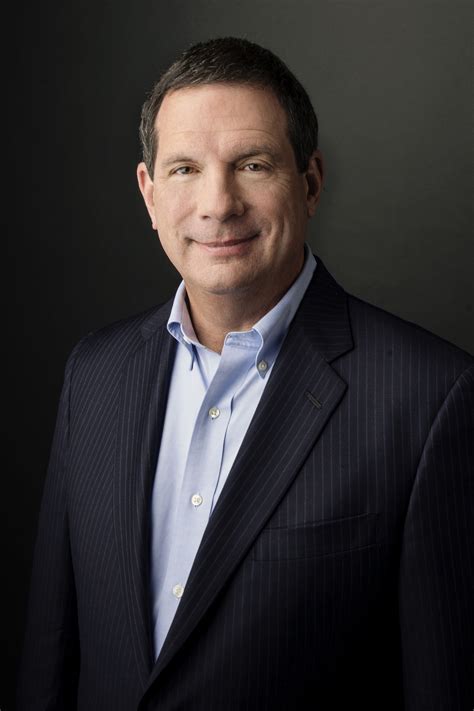A Quote by Michael Emerson
What's happening is that Asian and Latino and other groups without that history are more likely to end up in either black churches or white churches and then make them multiracial churches. I talk about that in the US we have two cultures.
Related Quotes
There is not a history of black intellectuals being allied with dominant forces to hold white people in social and cultural subordination for a few centuries. Second, the "our" of black folk has always been far more inclusive that the "our" of white folk. For instance, there would have hardly been a need for "black" churches if "white" churches had meant their "our" for everybody - and not just white folk. But "our" black churches have always been open to all who would join. The same with white society at every level.
There are three things, and it depends on the group that we're talking about, but there's history, there's culture, and then there's social networks. So, you know, historically black and white, they worship together until about the end of slavery, and people started moving out into separate churches. But it was because of discrimination and racism and such that blacks began to establish their own denominations and their own churches.
The churches that are growing and thriving are churches that I would call evangelical and orthodox for the most part in their beliefs. They are churches that tend to evangelize ... and encourage their people to share their faith. These are the churches that are actually growing. The ones that are shrinking are the ones that are compromising and watering down what the word of God says.
It happens a little bit more in the West, where there's more fluid - where everybody's originally from somewhere else. So they have a little bit more permission to do it. It happens the least, at the individual level at least, in the South, because the South has very strong, you know, set up black churches and white churches and a long history of that, and so it's a bigger social cost.
There's one denomination in particular, though, that has pushed very hard to be multiracial in its denomination - not only its denomination but, I mean, in its congregations, and it's called the Evangelical Covenant Church, http://www.covchurch.org/ which is headquartered in Chicago. Their whole goal is that's the kind of churches they start, multiracial, and I think they say now 20 percent of their churches are that.
We do it all the time, we legislate taste. We do it with the tax code. Churches and children get a tax break, because it's assumed that we all agree that we want to encourage churches and children. I don't. I don't. That's my opinion. I don't want to encourage either churches or children, and it's a very bad idea to put them together.
But I must add that the U.S. government must not, as by this order, undertake to run the churches. When an individual, in a church or out of it, becomes dangerous to the public interest, he must be checked; but let the churches, as such take care of themselves. It will not do for the U.S. to appoint Trustees, Supervisors, or other agents for the churches.
What James Madison and the other men of his generation had in mind when they wrote the First Amendment was that there should be no official relationship of any character between government and any church or many churches, and no levying of taxes for the support of any church, or many churches, or all churches, or any institution conducted by any of them.
If outside forces and culture were the reasons behind declining and non-influential churches, we would likely have no churches today. The greatest periods of growth, particularly the first-century growth, took place in adversarial cultures. We are not hindered by external forces; we are hindered by our own lack of commitment and selflessness.
But I hope that by the decision and authority of wise princes that sometime devout and learned men from the churches of other nations and of ours may be summoned together to deliberate about all the controversies and that there be handed down to posterity one harmonious, true, and clear form of doctrine, without any ambiguity. Meanwhile, as far as possible, let us encourage the union of our churches with measured advice.
The churches rose to power on the income from tax-free property. What earthly -or heavenly- right have they got to enjoy a privilege denied to everyone else, even including nonprofit organizations? None! My contention is that with the churches exempted from property taxation, you and I have to pay that much more in taxes to make up for what they're not contributing.































